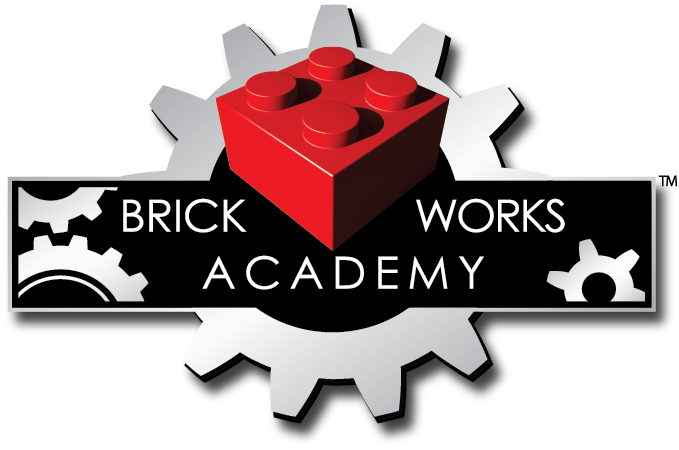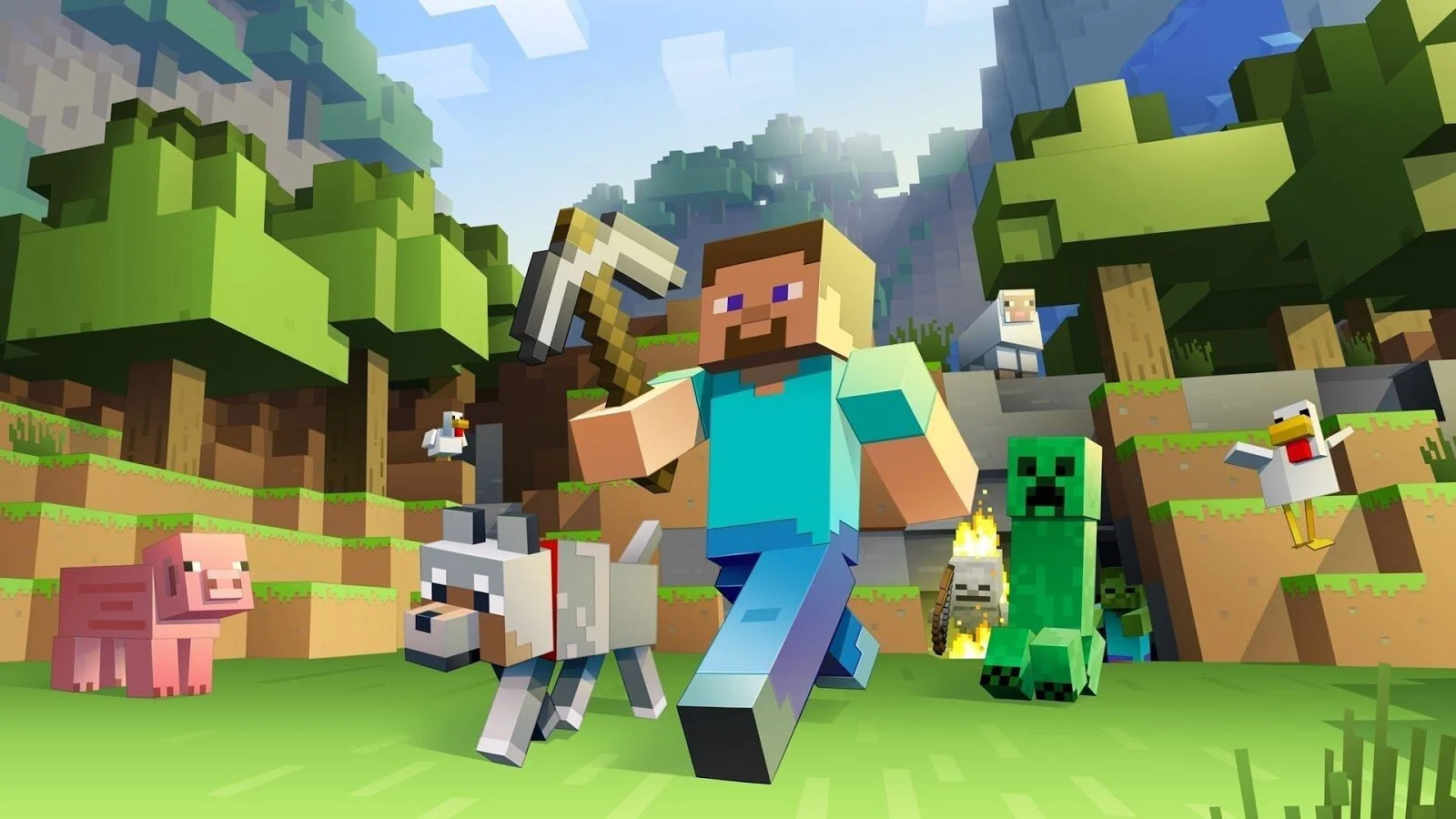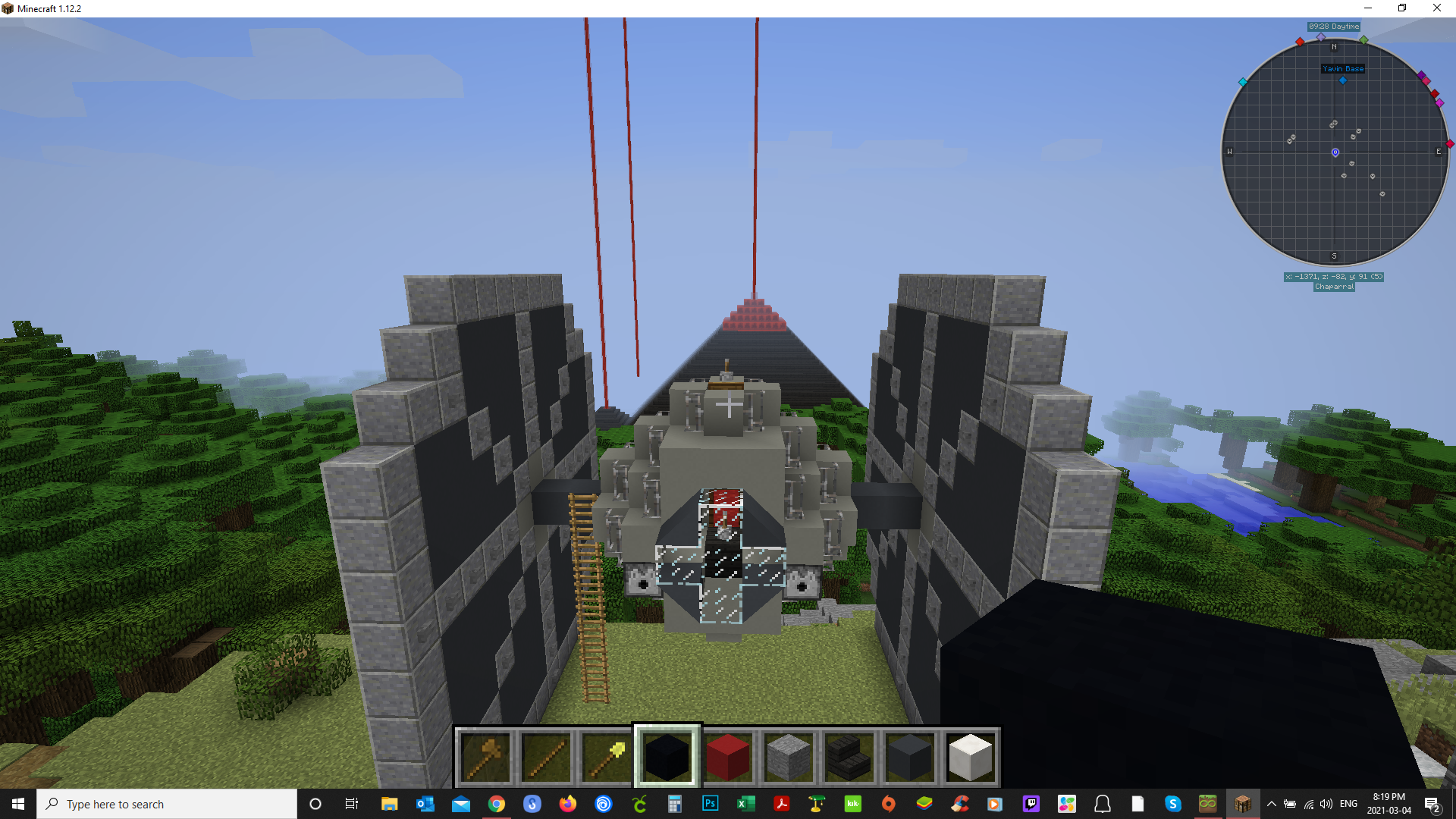There is an interesting disconnect between the understanding of video games and their real-world uses and benefits in parents and educators. While one side argues that video games inhibit the ability of children to learn and is a waste of time, experts believe that Minecraft is a highly successful tool to build and craft creative minds, communities with skills learned for real-world application! (Greitemeyer, 2014)
Minecraft is a first-person multiplayer online game (MOG) which is officially the highest selling game of all time, in which players roam freely in large three-dimensional environments. Players mine the landscape for minerals and use them to create structures and mold the landscape directly from their imagination. Minecraft offers a unique experience as the game is cooperative in nature instead of competitive, which fosters a highly social and collaborative environment. Minecraft has even partnered with the United Nations to help redesign public spaces across the globe!
The game, played on PC and console, has a magical ability to teach transferable skills to its players without explicitly doing so due to its open-world environment and limitless opportunity to create! Let’s explore 5 reasons why Minecraft is educational for kids and what they can learn from attending Brick Works Academy Minecraft camps either virtually or in-person this summer!
1. Collaboration and Social Skills
Minecraft is all about building new worlds, but also new friendships! Campers will interact with children within similar grades, interests, and skill levels to work as a team to design a world of infinite possibilities together in a moderated server virtually and in-person! Whether they are building structures, sharing resources, trading advice, or defeating enemies, they do it by communicating with each other, effectively teaching children communication, collaboration, and teamwork skills to use on and off the computer confidently!
2. Mathematics
Believe it or not, children are applying mathematical logic in their Minecraft strategies without even realizing it! Minecraft involves calculating the cost of resources. For example, wood can be acquired by hand, but it’s faster to use an axe. Campers will soon be weighing the economics of labor and calculation of resources as they seek to craft the thousands of recipes used in this game.
Because Minecraft is a very abstract game with no storyline, linear task progressions or structured quests, the players are forced to make self-reliant decisions on what experience they want to have with the game and how they can achieve that. Children must discover new resources and experiment with different recipe combinations to create tools, shelter, and security in Minecraft; for example, they must figure out how to build a shelter before night falls and make sure they have food to feed their avatar.
4. Inspires Creativity
Because of the open-world nature of the game, children are free to make mistakes, to try new things/ideas, and reap in the success of their good decisions and exploration in the world of Minecraft. Players have the choice to create worlds, buildings, and elements from every stretch of their imagination including complex cave systems, replica skylines of real cities, lavish mansions, and architectural masterpieces or perhaps they will take inspiration and recreate worlds from other fictional universes like Harry Potter, Star Wars or Pokemon!
5. Supports Reading and Writing Skills
It is important for Minecraft players to pay close attention to written instructions within the game to ensure a successful understanding of expectations, next steps to be able to have a good playing experience and also be able to read the in-game text chat function and write back quickly to be able to comprehend, act on and respond to a collaborative conversation with their teammates. Students often engage in extensive online research to develop their skills and achieve their goals.
Source:
Greitemeyer T, Mügge DO: Video games do affect social outcomes: a meta-analytic review of the effects of violent and prosocial video game play. Pers Soc Psychol Bull. 2014;40(5):578–589. 10.1177/0146167213520459





